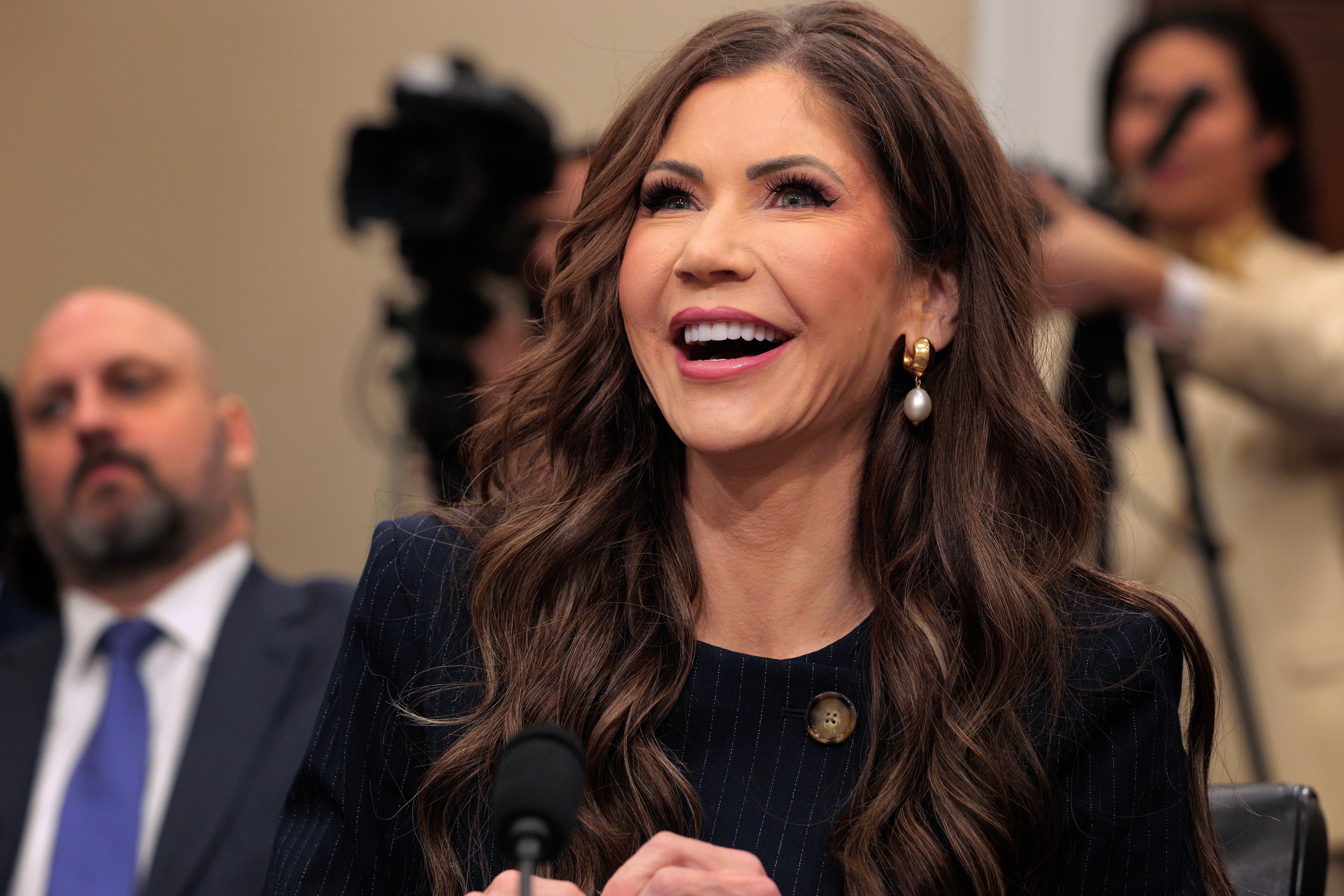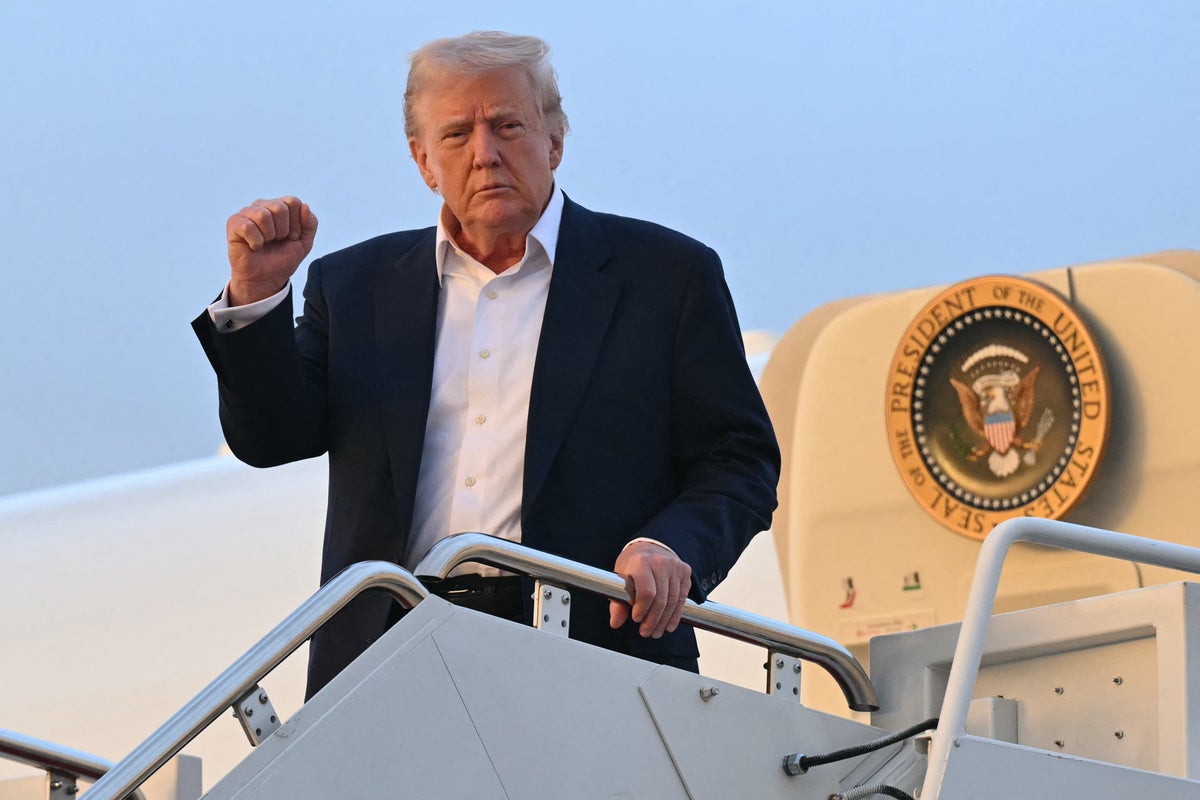ARTICLE AD BOX
Donald Trump’s administration is calling on the Supreme Court to let immigration officials cancel humanitarian protections for tens of thousands of immigrants who were allowed to legally live and work in the United States.
Solicitor General John Sauer, making yet another emergency appeal to the nation’s highest court, called on the justices to lift a lower court order that blocks the administration from ending a “parole” program for immigrants from Cuba, Haiti, Nicaragua and Venezuela.

Last month, Barack Obama-appointed District Judge Indira Talwani in Massachusetts temporarily blocked Homeland Security Secretary Kristi Noem’s order that would have ended legal status for more than 530,000 people admitted to the program within weeks.
In a filing on Thursday, Sauer argued that the decision should be left up to Noem and Trump, not the courts.
Judge Talwani “engaged in the very review Congress prohibited — needlessly upending critical immigration policies that are carefully calibrated to deter illegal entry, vitiating core executive branch prerogatives, and undoing democratically approved policies that featured heavily in the November election,” he wrote.
The judge’s order maintained temporarily legal status for roughly 110,300 Cubans, 210,000 Haitians, 93,100 Nicaraguans, and 117,300 Venezuelans.
Ending the program would force targeted immigrants to “choose between two injurious options: continue following the law and leave the country on their own, or await removal proceedings” that put them “at risk of arrest and detention” and effectively kill any chances of “receiving other forms of immigration relief in the future – potentially permanently,” Judge Talwani wrote.

Trump is separately calling on the Supreme Court to let the administration end temporary legal status for roughly 600,000 Venezuelans, after a federal judge warned that Noem’s attempts to cut humanitarian protections for fleeing immigrants will “inflict irreparable harm on hundreds of thousands of persons whose lives, families, and livelihoods will be severely disrupted, cost the United States billions in economic activity, and injure public health and safety in communities throughout the United States.
That ruling from California District Judge Edward Chen, another Obama appointee, said the administration’s attempt to strip protections “smacks of racism” and appears “predicated on negative stereotypes casting class-wide aspersions on their character,” including “insinuating they were released from Venezuelan prisons and mental health facilities and imposed huge financial burdens on local communities,” according to the judge.
Trump has repeatedly called on the Supreme Court to intervene after several court rulings struck down parts of his anti-immigration agenda.
Another case before the Supreme Court relates to his use of the Alien Enemies Act to summarily deport alleged Tren de Aragua gang members from the country.
On May 15, the justices will hear oral arguments in his challenge to several nationwide injunctions that blocked Trump’s executive order that attempts to deny citizenship to children born in the United States if their parents are “unlawfully” present or have “lawful but temporary” status in the country.
It is unclear whether the justices will address the merits of his birthright citizenship order or only the objections to the nationwide scope of the rulings against it.








 English (US) ·
English (US) ·